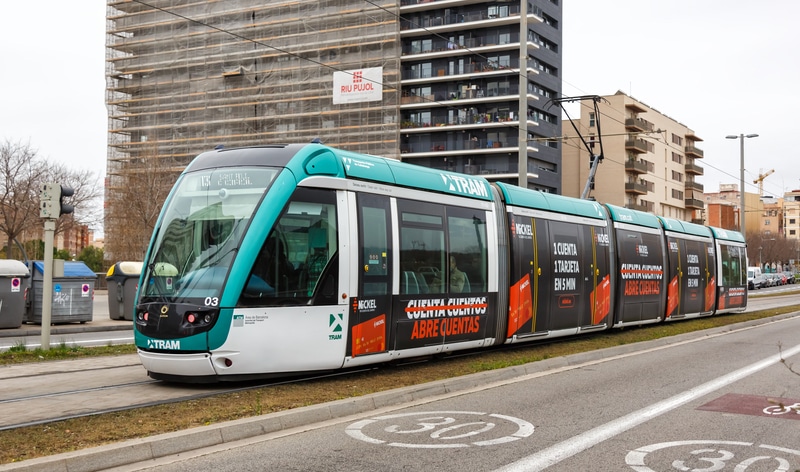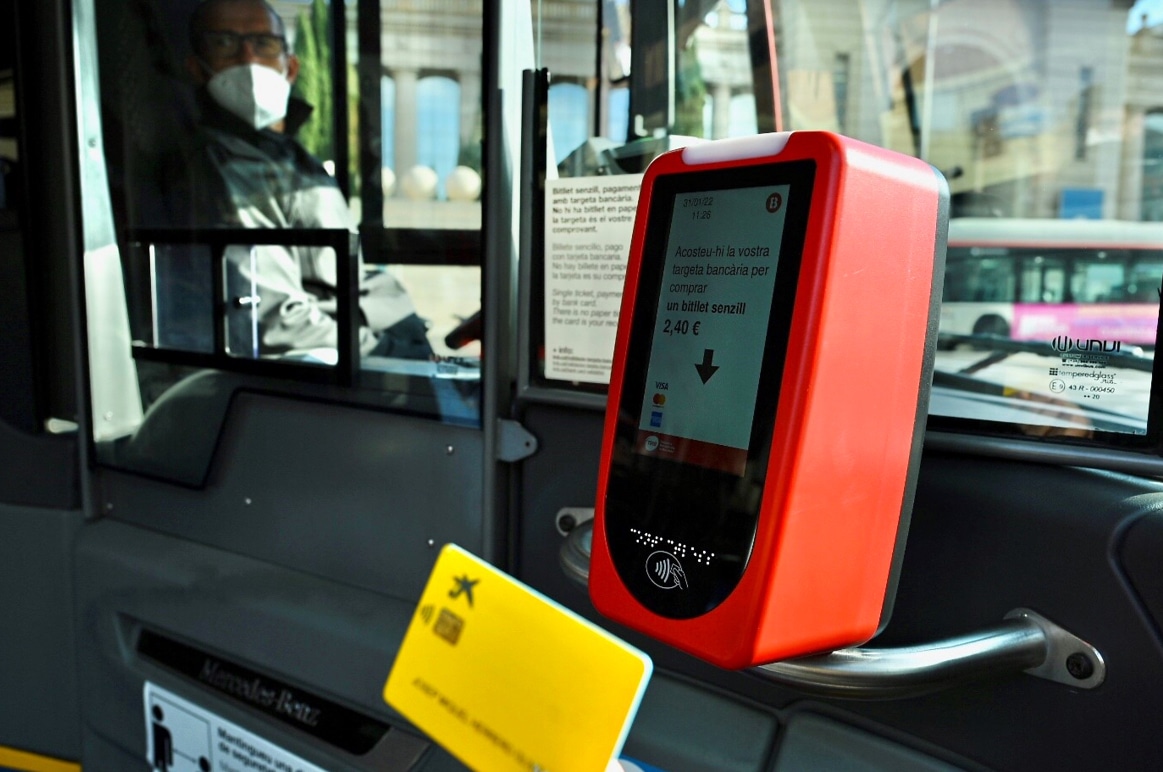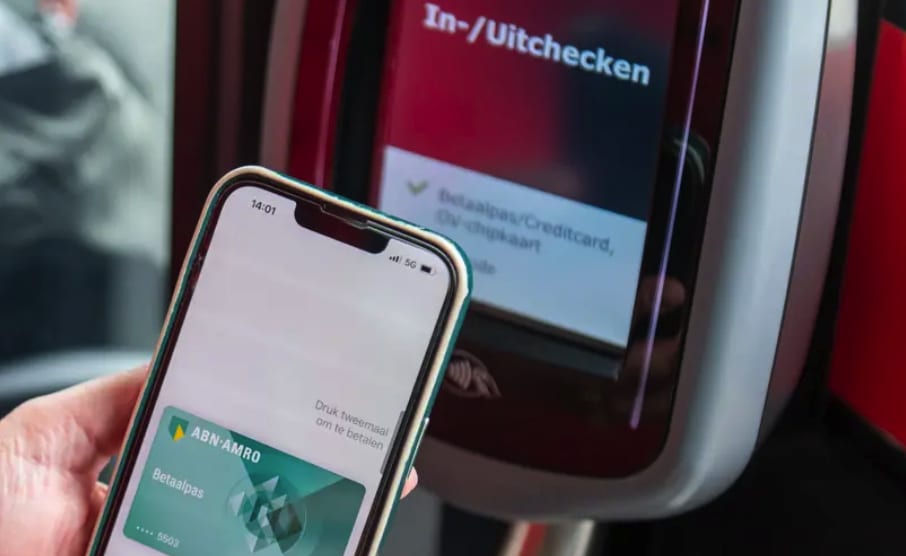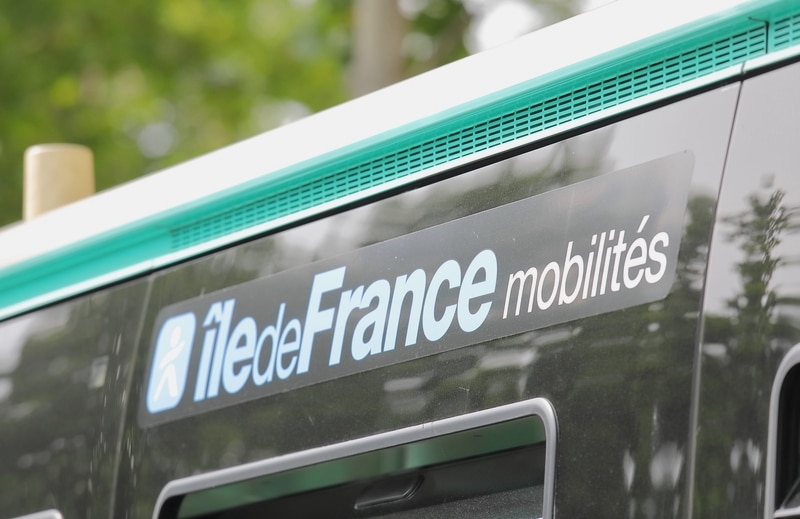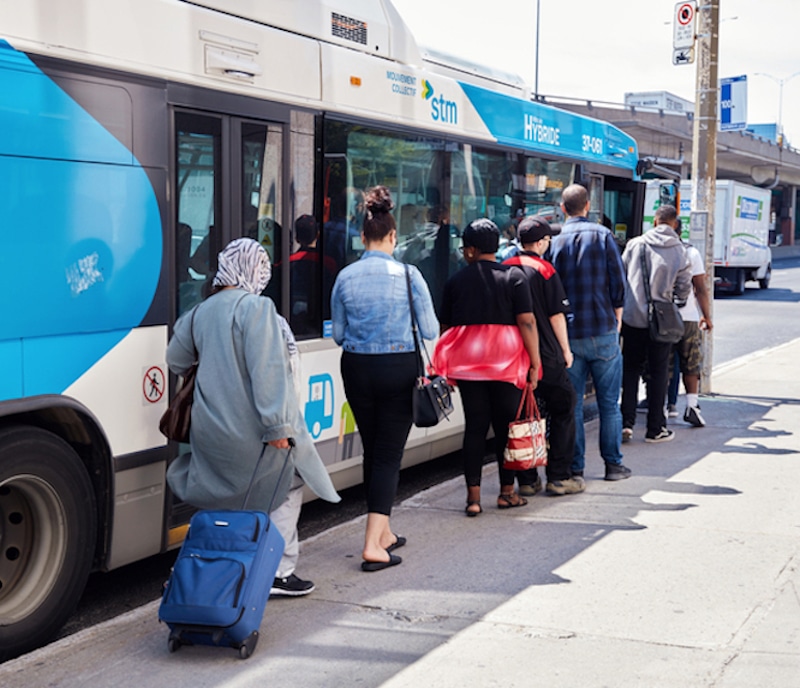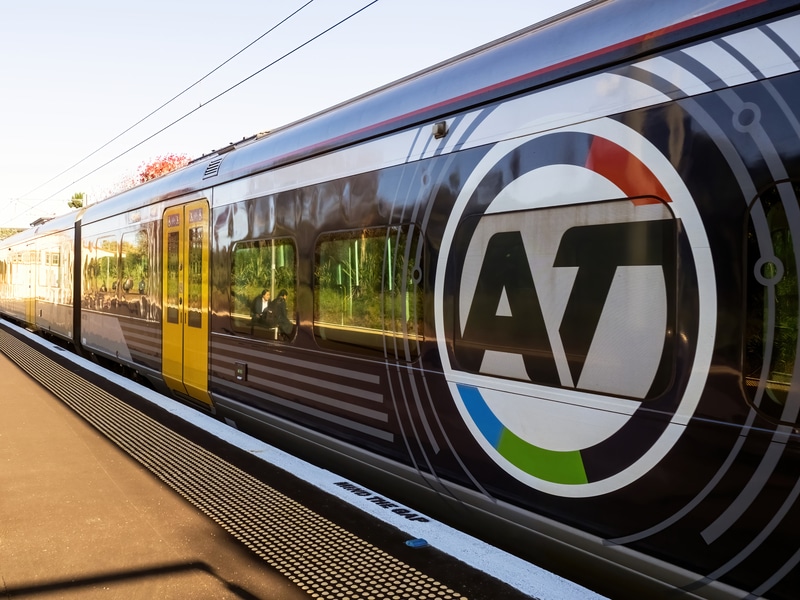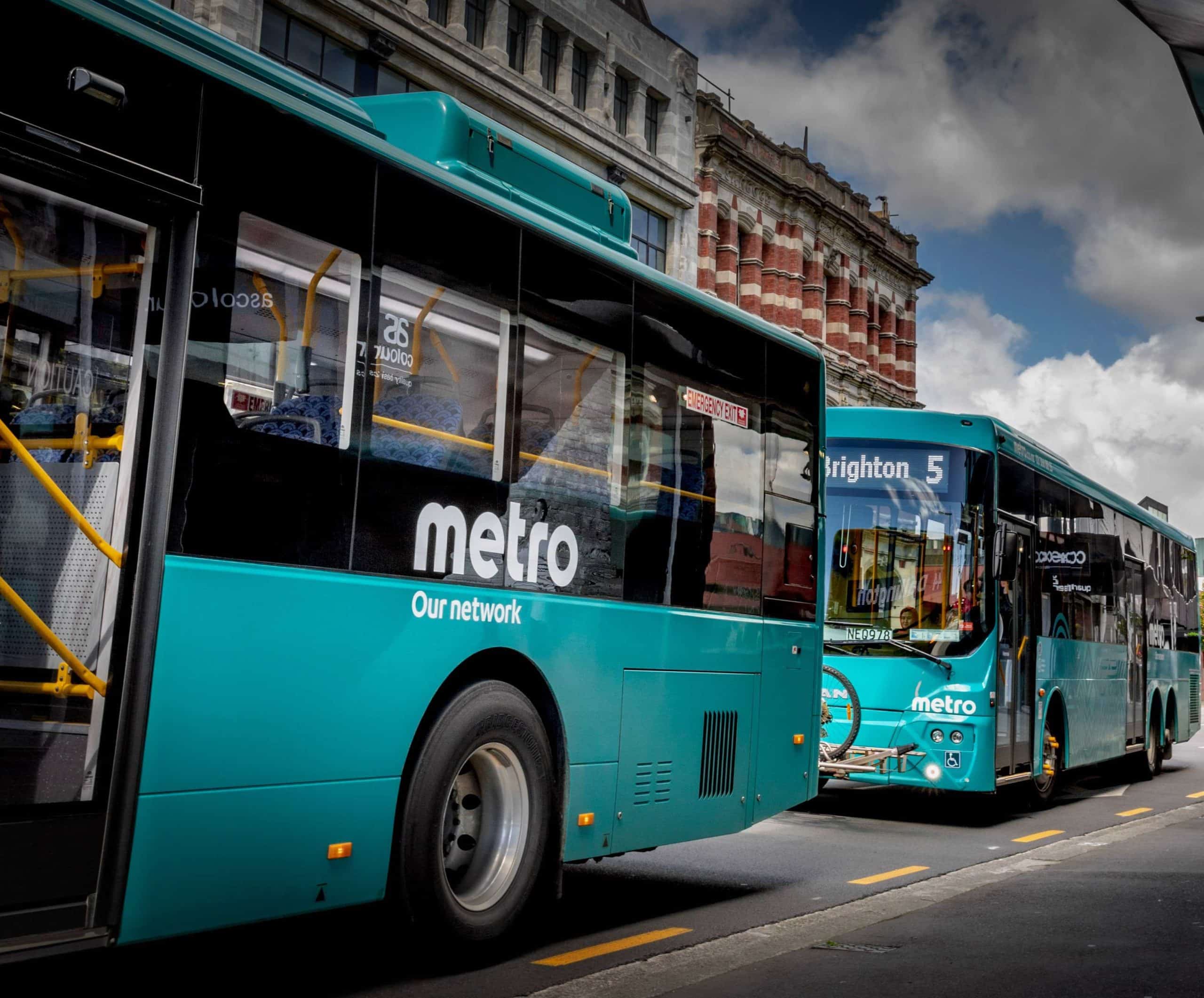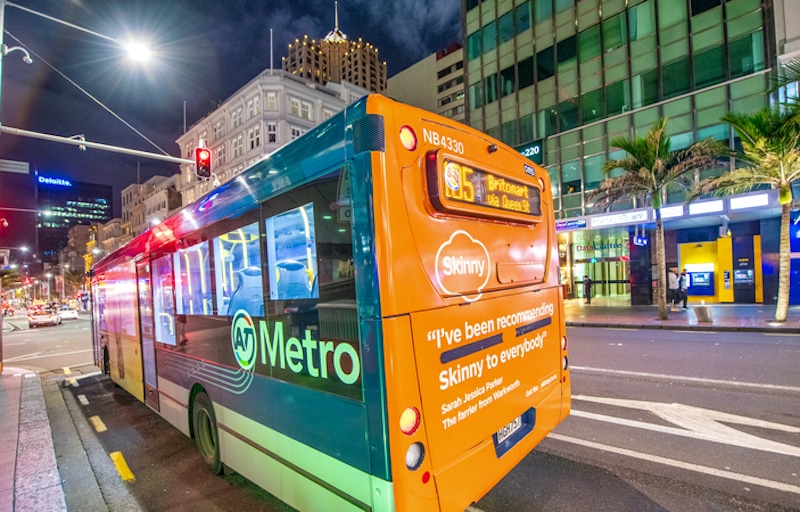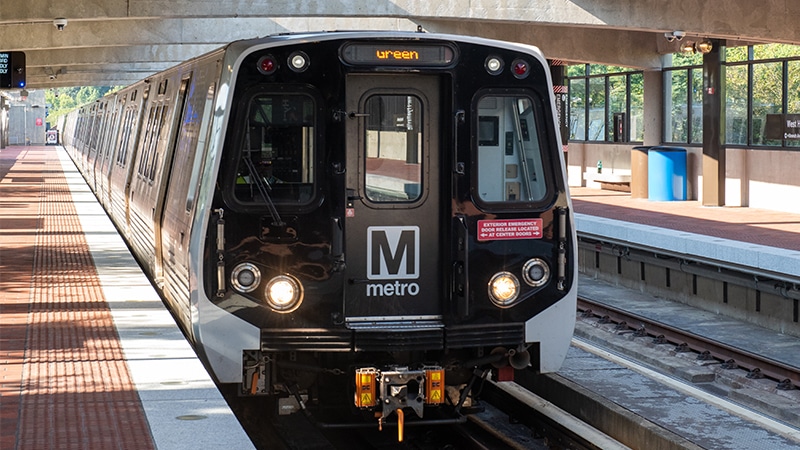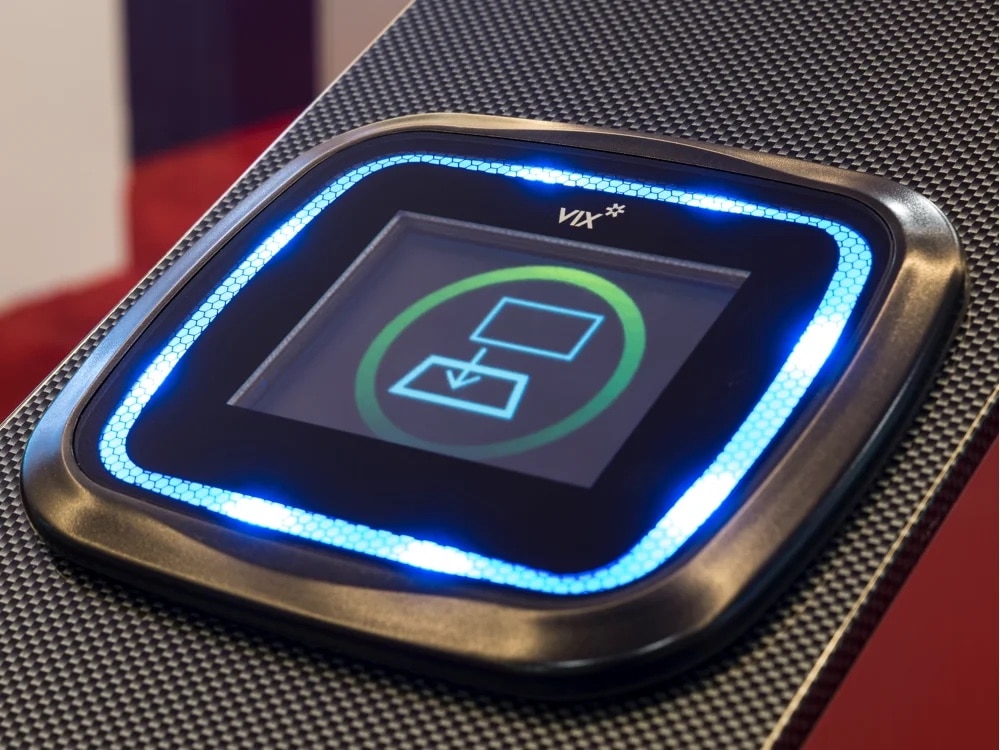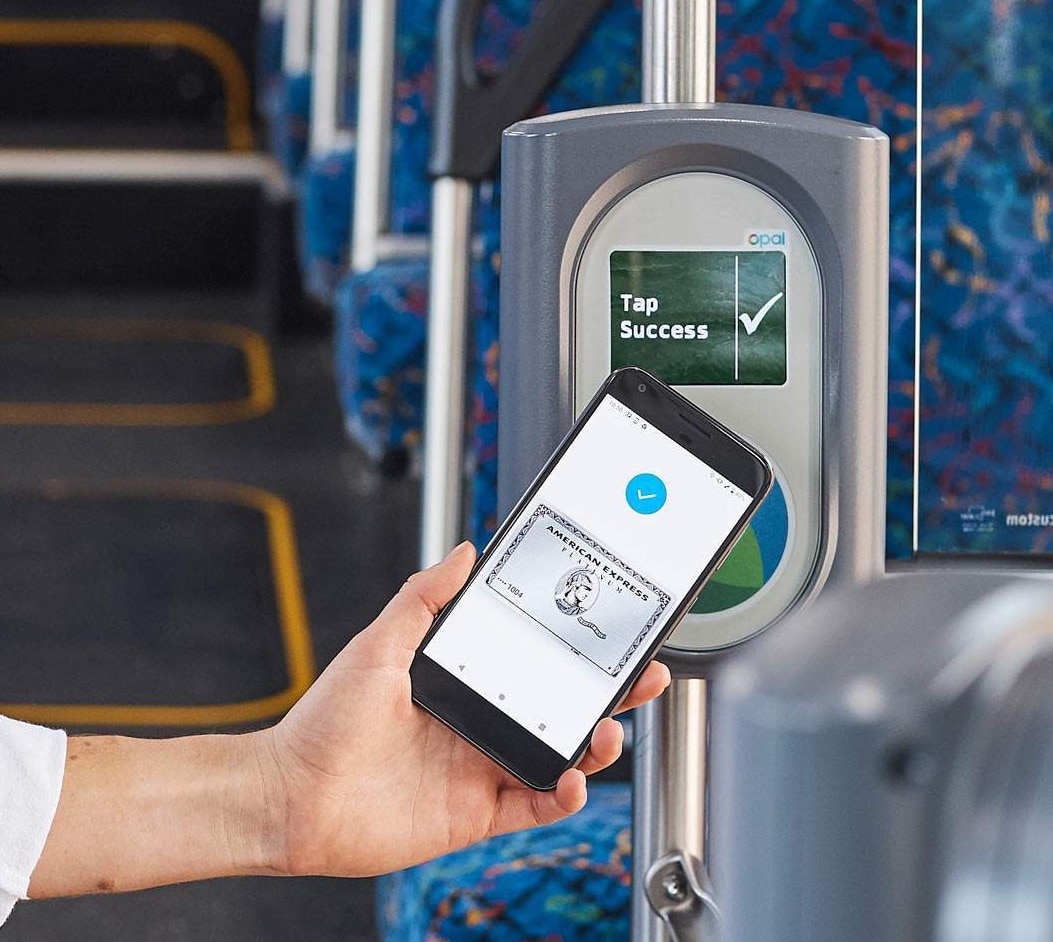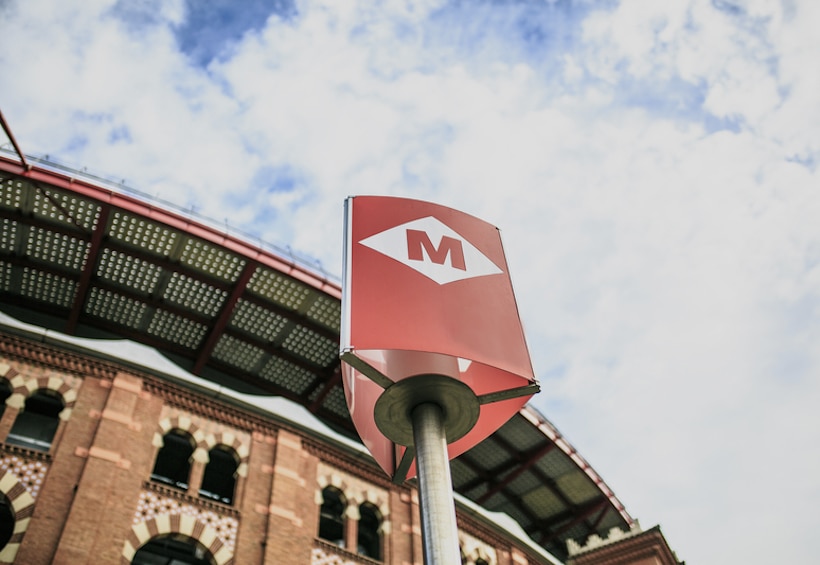
Article Highlights
The main contractor for Barcelona’s open-loop payments project has chosen a local company over Brazil-based Planeta Informática to implement a key technology for the rollout, after apparently receiving pressure to hire a local subcontractor, sources told Mobility Payments.
ATM Barcelona seeks to completely roll out open-loop technology at an expedited pace of fewer than 18 months. It also has a budget of only €4 million (US$4.4 million) to spend.
• ATM (Barcelona)
• Planeta Informática
• Smarting Engineering
• Rio de Janeiro Metro
The main contractor for Barcelona’s open-loop payments project has chosen a local company over Brazil-based Planeta Informática to implement a key technology for the rollout, after apparently receiving pressure to hire a local subcontractor, sources told Mobility Payments.







